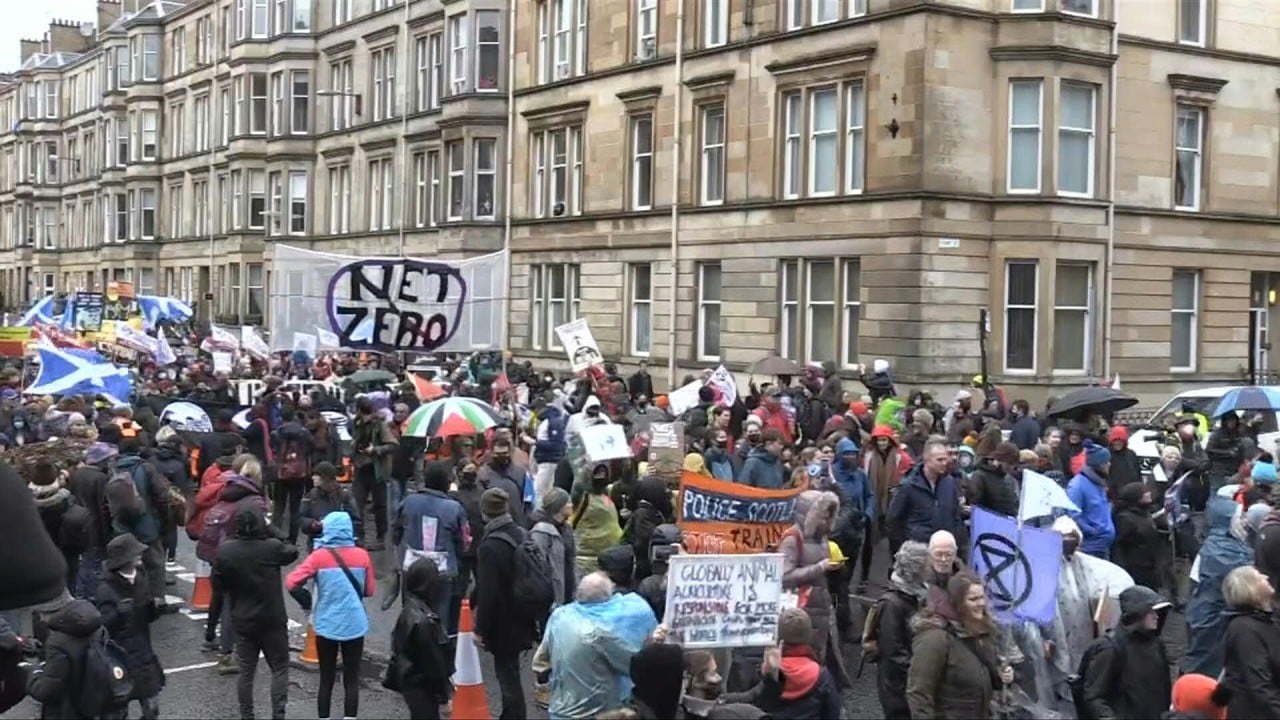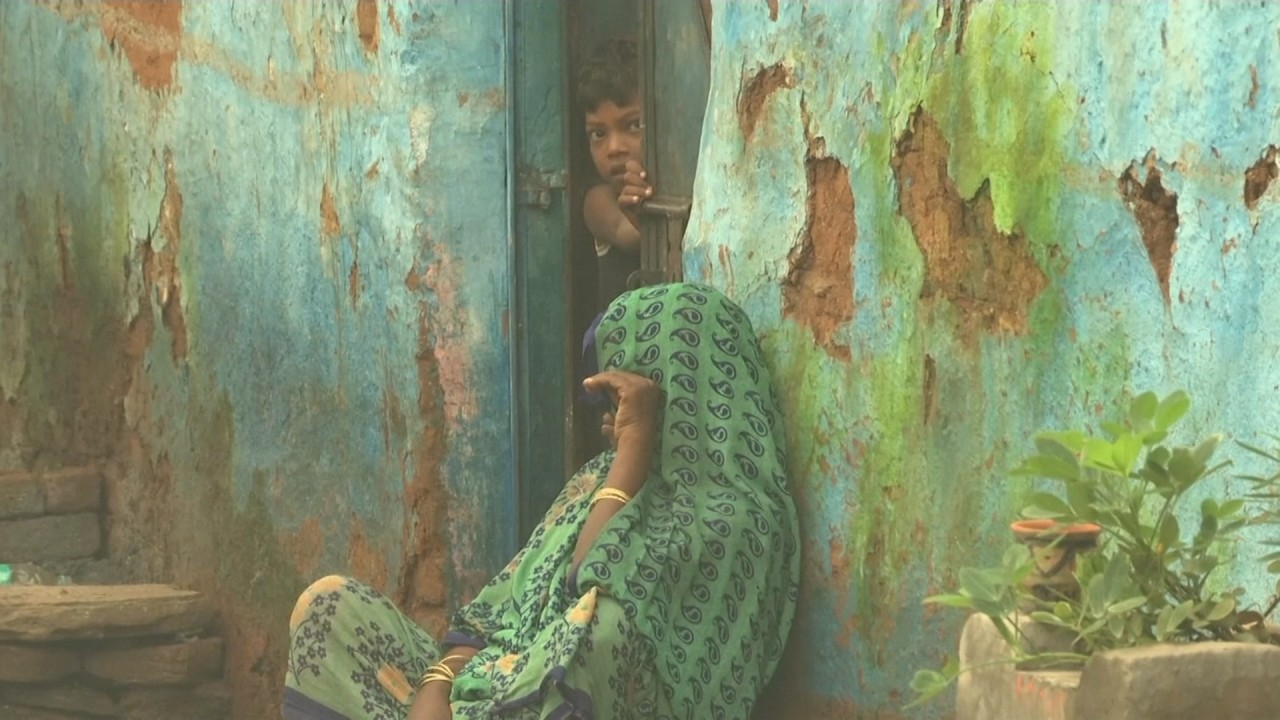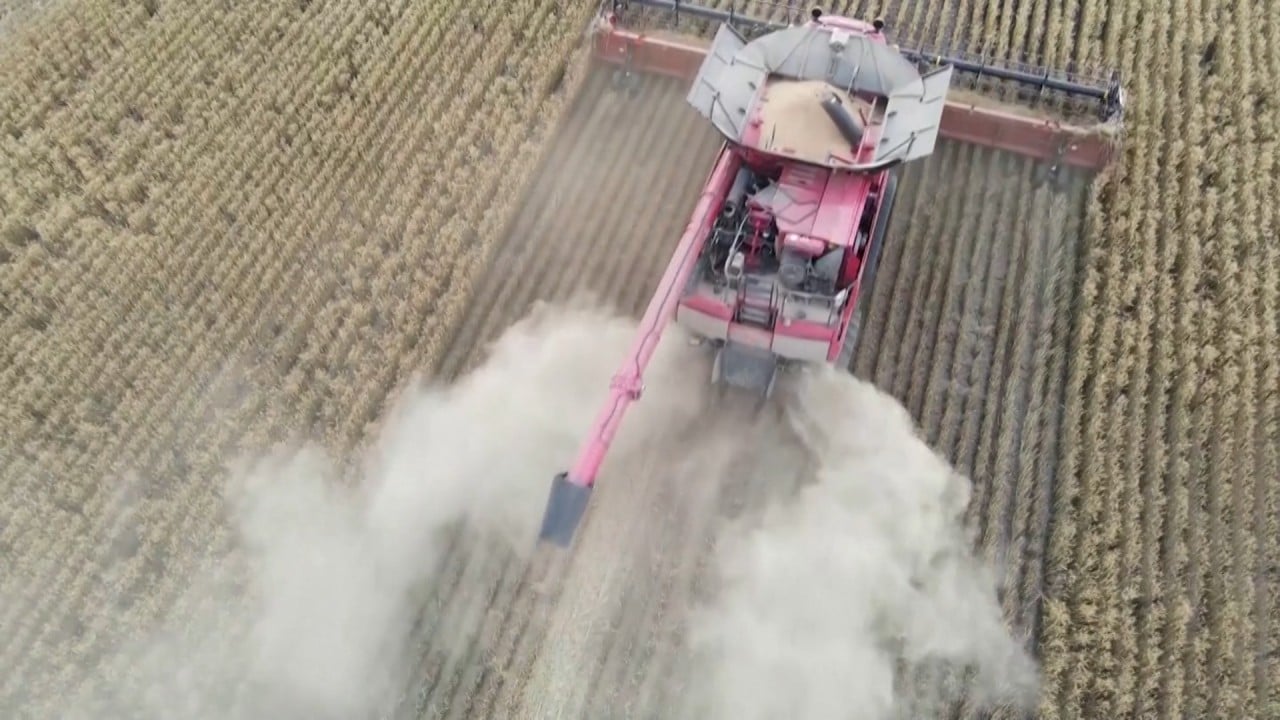
How Australia’s weak climate change plan is driven by domestic political concerns
- Prime Minister Scott Morrison has come under heavy criticism for proposals that appear focused on keeping fossil fuel firms and domestic voters happy
- Rural farming and mining communities provide large vote banks for the ruling coalition, making policies that could alienate them political non-starters
His plan was described by Labor Party opposition leader Anthony Albanese as a “scam” that “doesn’t constitute a plan”. Australian Greens leader Adam Bandt described the 2050 plan as a “climate fraud” with no details on how to achieve it.
The methane gas agreement is unpopular with rural farming communities, and with a major coal plant just opening in rural Queensland, with promises of thousands of new jobs, it is a vote-catcher with these communities. Pro-environmental policies are popular mainly with urban voters who usually vote with Labor or the Greens.
Labor knows this. While Albanese slammed Morrison’s plan, he also didn’t criticise his decision not to join the coal agreement.
Australia is the world’s second-largest thermal coal exporter, with China, India and the US as its major markets, and Australia reached an all-time high of 213 million tonnes of coal exports in 2019-20.
As Asian economies recover from the Covid-19 pandemic, the Australian government’s Resources and Energy Quarterly estimates that the value of Australian coal exports will rise to A$24 billion (US$17.8 billion) in 2021-22.
The company is completing a rail line almost 200km long to connect the mine to two ports, and it is expected to produce 10 million tonnes of coal a year for export with a lifespan of 60 years. The project should create thousands of new jobs in Queensland once it is fully operational.
Australia’s red meat and livestock industry makes a large contribution to the country’s economy. The industry contributed A$17.6 billion to Australia’s GDP in 2018-19, and as of June 2019, 24.7 million grain-fed cattle and 65.8 million sheep were raised in Australia, according to statistics from industry group Meat and Livestock Australia.
Australia’s new green technology plan is based on a set of several projections. According to a vision statement released by the Department of Industry, Science, Energy and Resources, Australia will be able to produce clean hydrogen for less than A$2 per kilogram, low-emission steel production for less than A$900 per tonne, low-emission aluminium at less than A$2,700 per tonne and electricity from storage for firming for less than A$100 per megawatt-hour within the next few years.
Morrison has hinted at a technology marketing strategy. Australia is expected to invest upwards of A$20 billion in the coming decade to drive the transition to green technology by leveraging private-sector investment.
The Australian stall at COP26 was dominated by an exhibit of a model of a carbon-capture plant by oil and gas giant Santos, which is expected to receive carbon credit revenue from taxpayers. This angered Greens Senator Sarah Hanson-Young, who said the Australian government “is more interested in keeping the fossil fuel companies happy rather than working with other world leaders to increase climate action”.
Dr Kalinga Seneviratne is a Sri Lankan-born journalist, media analyst and international communications expert based in Singapore




